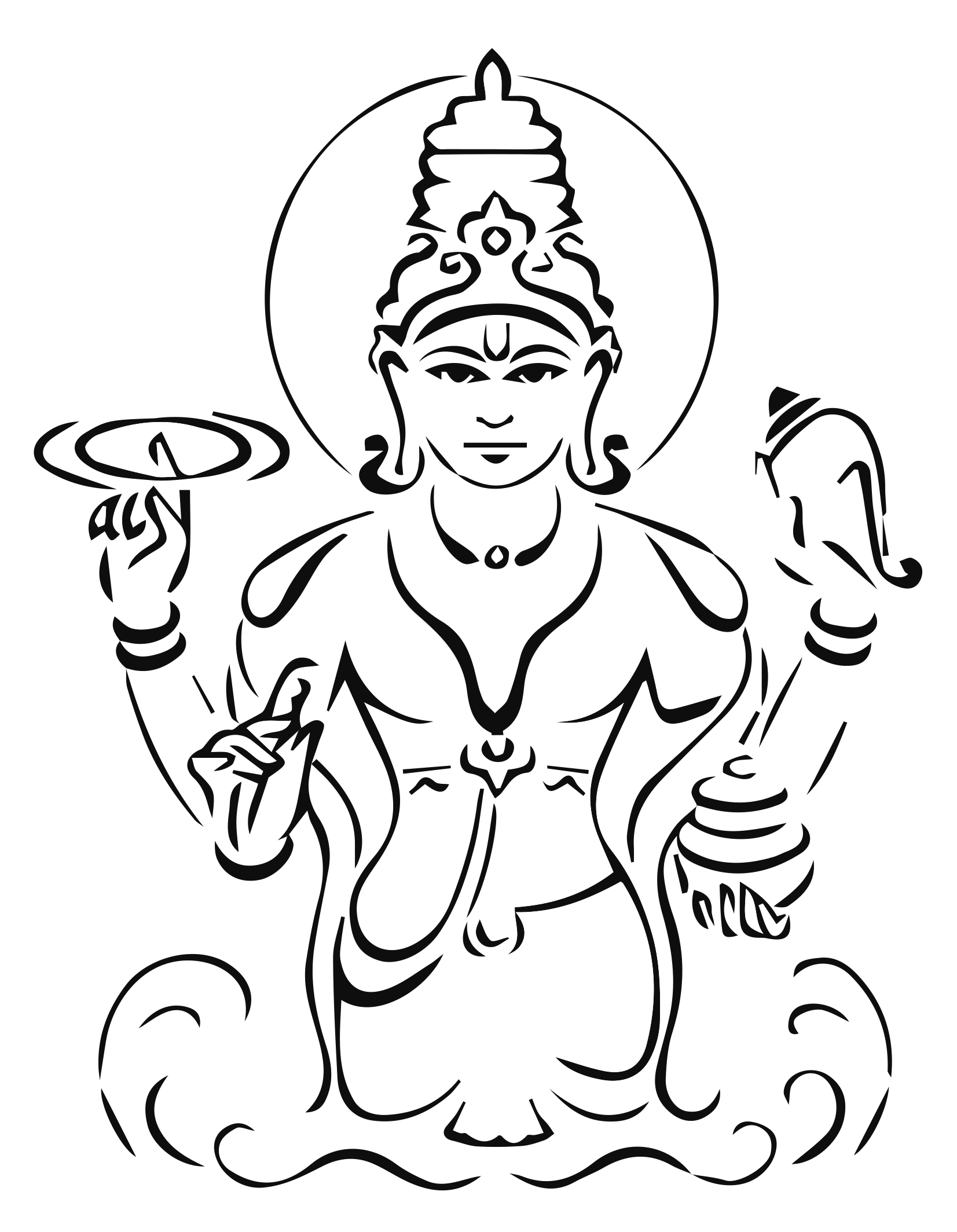Tips for an Active Mind
Tips for an Active Yet Calm Mind
An overactive mind can come as a natural tendency for many causing unnecessary stress and worry. Ayurveda, the ancient Indian system of health documented over 5000 years ago, offers various traditional yet very effective methods to help relax the mind, increase focus and energy yet keep the mind calm.
Meditation
Ayurveda strongly speaks of meditation as a very effective method for calming the mind and reducing tension. By bringing attention on the breath and becoming aware of the present moment, we can calm the mind and detoxify the mind of negative thoughts and emotions that feel draining.
2. Yoga
Yoga is another strong pillar in the Ayurvedic daily practices to keep a healthy and fit mind. Yoga asanas (postures), Pranayamas (breathing techniques), and Mudras (symbolic hand gestures) can help to balance the doshas, or bioenergies, in the body, which can help to rid the mind of unwanted chatter therefore reducing stress and anxiety.
3. Pranayama (Breath Control)
Another important practice that is highly admired, is Pranayama, or breath control. Prana is the subtle life force energy and Yama means to store or to direct. Ayurveda teaches us that by controlling the breath, we can manage the mind. Practicing different breathing techniques, such as Nadi Shodhan (alternate nostril breathing), Sheetali Pranayam, Brahmari Pranayam and many other east to practice methods, can help to calm the mind and reduce stress.
4. Ayurvedic Herbs
Ayurveda also recommends incorporating certain plant medicine as methods of daily rejuvenation.
Some key Ayurvedic herbs include:
Ashwagandha– Helps reduce stress and anxiety
Licorice - Supports adrenal health and energy levels
Tulsi - Holy Basil -Promotes relaxation and mental clarity
Brahmi - recognized as useful for reducing overthinking and promoting cognitive function.
5. Daily Routine & Relaxation Practices
Ayurveda suggests that maintaining a structured daily routine (Dinacharya) and making time for relaxation can significantly reduce stress. Some recommended practices include:
Journaling
Listening to soothing music
Practicing self-massage (Abhyanga) and scalp massage
Taking a warm bath before bed
By incorporating these Ayurvedic practices into your daily life, you can cultivate a more peaceful and focused mind while effectively managing stress.





